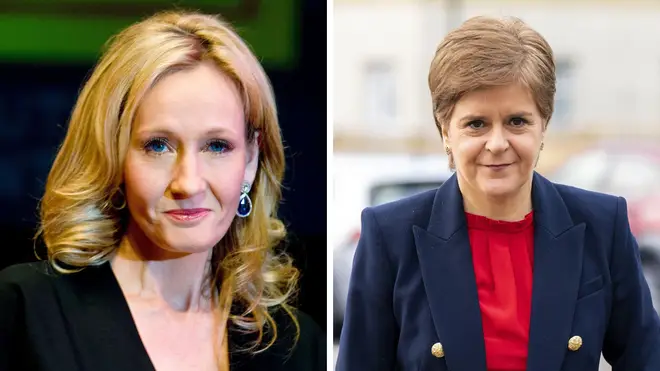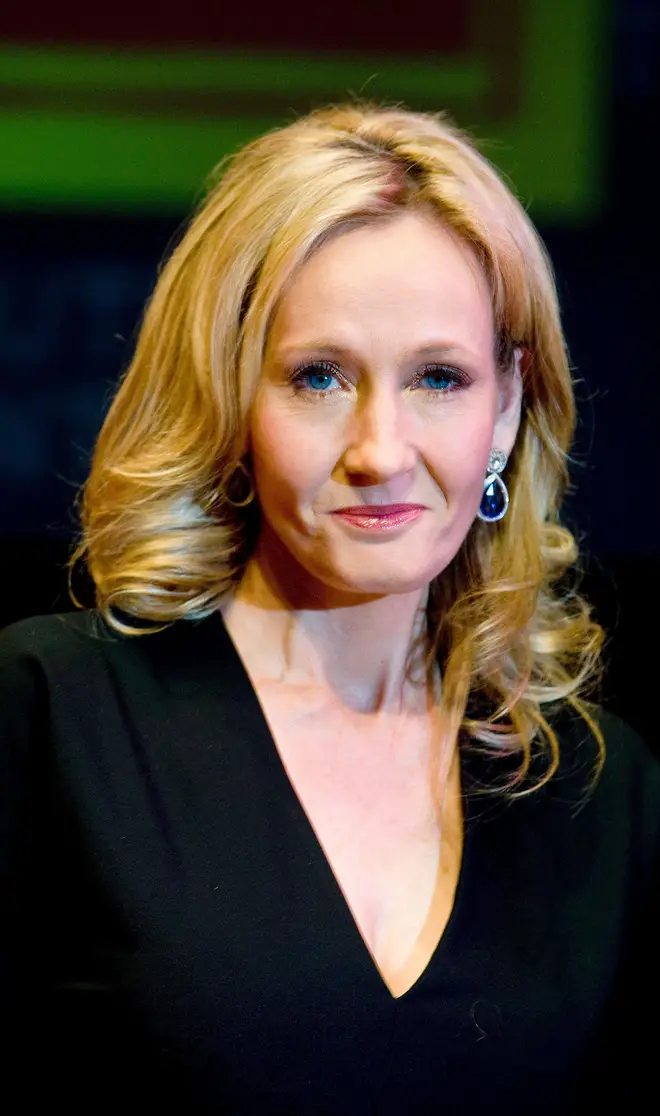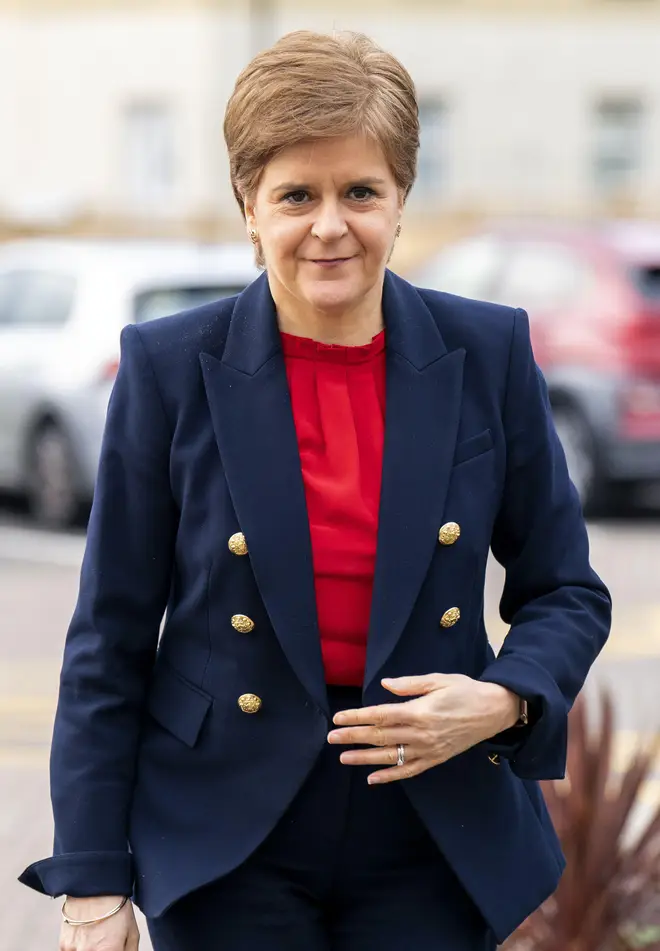
Ali Miraj 12pm - 3pm
28 November 2022, 08:10

JK Rowling has attacked Labour for backing Nicola Sturgeon's plans to allow people to self-identify their legal gender.
The author accused the party of ignoring public and members' opinions by backing the controversial plans.
The proposed Gender Recognition Reform Bill will remove the requirement for a medical diagnosis of gender dysphoria when seeking a gender recognition certificate.
It will also reduce the length of time an applicant must live in their acquired gender from two years to three months, with a further three-months in place as a reflection period.
In a series of tweets, Rowling said: "The UN special rapporteur on violence against women, Reem Alsalem, has written to Sturgeon to voice serious concerns about the proposed bill, yet the woman who considers herself 'feminist to my fingertips' has treated the criticism as an impertinence."
She added: "Meanwhile @ScottishLabour continues to ignore public opinion, criticism from both the UN and the EHRC and widespread opposition from women in its own ranks and supports Sturgeon, meaning that the Tories have been handed an open goal on safeguarding."
Read more: JK Rowling sarcastically brands Nicola Sturgeon 'the first feminist' amid trans rights row


Ms Sturgeon defended the bill last week, saying that violent men "do not need" to legally change their gender to access women-only spaces.
However, UN rapporteur Mr Alsalem suggested that there should be a "thorough assessment of all foreseeable consequences" of the bill as it is "unfair, rushed, vague and contradictory" in its current form.
Some female Scottish Labour members have also shared "grave" concerns about the bill and the party's support for it, according to the Daily Record.
A leaked report by the party’s Women’s Committee claimed 45 per cent of respondents did not agree with the proposals.
The bill sparked a rebellion among SNP MSPs during the first parliamentary vote last month, with nine voting against it, but support by Labour MSPs helped carry the vote.